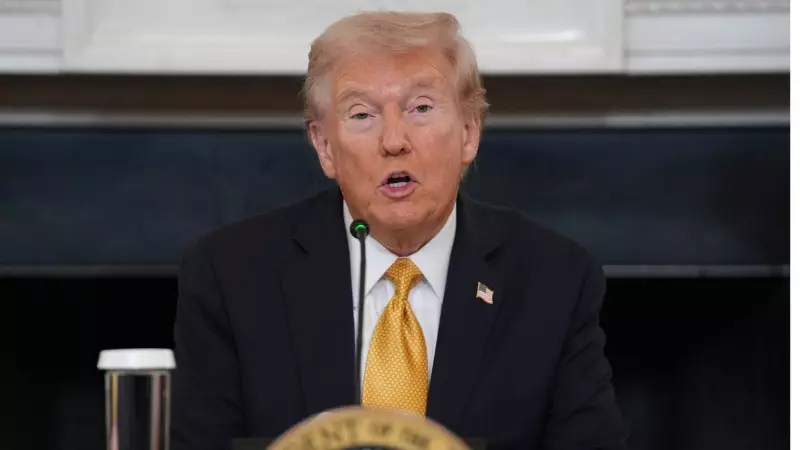
In a dramatic environmental policy reversal, former President Donald Trump has moved to scrap stringent copper smelter regulations implemented during the Biden administration, setting the stage for a renewed debate over industrial pollution controls versus economic growth.
The Regulatory Rollback
The decision marks a significant departure from the previous administration's approach to industrial emissions. The Biden-era rules, which were designed to limit harmful air pollutants from copper smelting facilities, have been a point of contention between environmental advocates and industry representatives.
Copper smelters, essential facilities in metal production, have long been under scrutiny for their emissions of sulfur dioxide and other potentially hazardous substances. The now-reversed regulations aimed to impose stricter controls on these emissions to protect public health and the environment.
Industry vs Environmental Concerns
Industry perspective: Manufacturing and mining groups had argued that the Biden regulations placed undue financial burden on copper producers, potentially affecting America's position in the global metals market. They maintained that the rules could lead to job losses and increased operational costs.
Environmental concerns: Environmental organizations have expressed alarm over the reversal, warning that relaxed emissions standards could lead to increased air pollution in communities near smelting facilities. They point to potential health risks including respiratory problems and other pollution-related illnesses.
Political Implications
This policy shift represents more than just an environmental regulation change—it underscores the fundamental differences in how successive administrations approach industrial regulation and environmental protection.
The move is seen as part of a broader pattern of Trump reversing Biden-era environmental policies, reflecting contrasting philosophies on the balance between economic development and environmental stewardship.
What's Next?
The regulatory reversal is likely to face legal challenges from environmental groups and states that supported the original regulations. Meanwhile, the copper industry is expected to welcome the reduced regulatory burden as they navigate global competition and domestic production challenges.
This development continues the back-and-forth pattern of environmental policy that has become characteristic of transitions between Democratic and Republican administrations in recent years.





